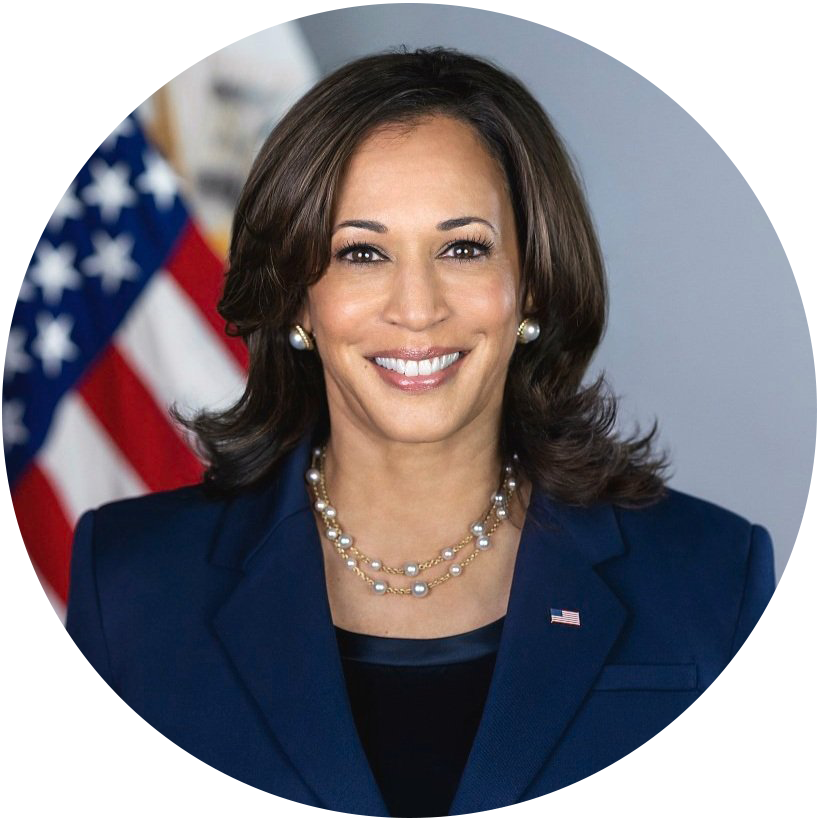Americans have a lot of education IOUs.
In the past twenty years, student loans in the U.S. more than tripled to $1.75 trillion, surpassing auto loans and consumer loans/credit cards to become the country’s second-largest source of debt (mortgages are firmly in first place at $12 trillion).
The vast majority of student loan debt (92%) is owed directly to Uncle Sam, while a small portion (8%) is owed to private companies (e.g., SoFi).
American’s Personal Debt (in billions)

Source: U.S. Federal Reserve
The push to have Uncle Sam not ask for his money back began in 2011 during the “Occupy Wall Street” movement, a protest against wealth inequality.
The idea really gained steam during the 2020 presidential campaign when Senators Elizabeth Warren (D-MA) and Bernie Sanders (I-VT) each proposed mass loan forgiveness ($50,000+ per borrower) and free public college.
Both Sides
Supporters of student loan forgiveness argue that the U.S. government is holding back 43 million of its own citizens, preventing them from starting businesses, having children, and buying homes. They argue that student loans prey on uninformed teenagers and point to times when big businesses have received government bailouts as a precedent for loan forgiveness.
Critics say student loan forgiveness is fundamentally unfair because it uses the tax dollars of people who avoided (or have already paid off) debt to bail out adults who made a legal commitment. They argue widespread loan forgiveness will stoke inflation and won’t solve the underlying problem of high tuition and excessive borrowing.
Candidate Stances

Vice President Harris supports the forgiveness of some, but not all, student loans. She supported President Biden’s attempt to cancel $10,000 for most borrowers (which was blocked by the Supreme Court) and expressed pride that the administration has canceled over $167B for 4.75 million borrows based on public service, disability, and other factors.

Former President Trump opposes most student loan forgiveness for existing loans.
While in office, he supported income-driven repayment plans, forgave loans for permanently disabled veterans, and paused student loan payments when the pandemic began.
Eternal Perspectives
No matter your stance on loan forgiveness, Christians are called to manage their own finances wisely and to live generously, giving to those in need. Pray for guidance in doing both.
“Instruct those who are rich in the present age not to be arrogant or to set their hope on the uncertainty of wealth, but on God, who richly provides us with all things to enjoy.”
1 Timothy 6:17 (CSB)
This is part of our Election Collection articles series, created to help Christians grow in understanding and compassion on key issues surrounding the 2024 presidential election.
Last Updated: July 30, 2024


